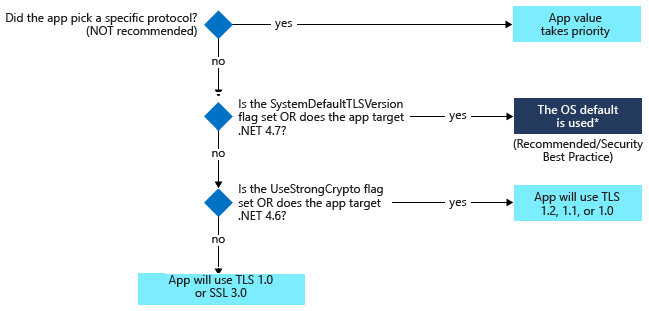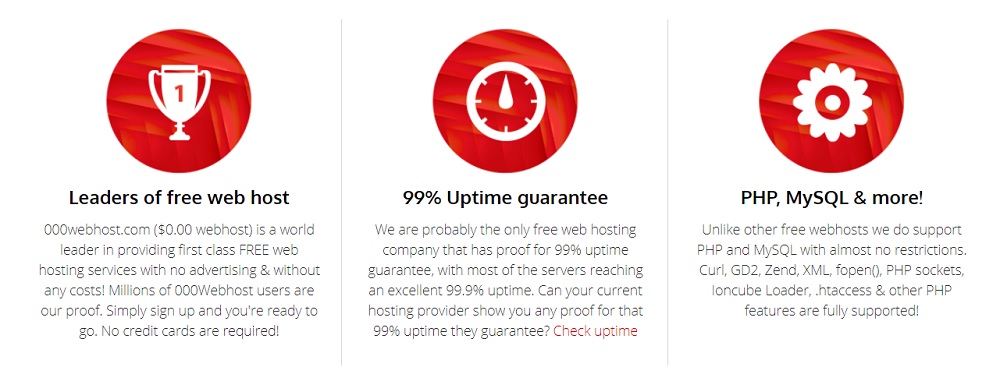
Many online entrepreneurs are concerned about hosting costs. These prices are usually high but they can be reduced if you choose a reputable host and use promo codes. Find a web host who offers great features and customer service while still fitting your budget.
Hostinger is a cheap web host that offers a lot of features and options. A 30-day money back guarantee is included, as well as a customer service team that can help you if there are any problems.
Different hostinger plans are available, ranging in price from the basic shared hosting plan to premium VPS or dedicated servers. Each plan offers a number of features such as shopping carts and payment processing tools.
A simple control panel makes it easier for you to manage your website and server. There are also tutorials on how to set up a VPS website.

Pricing and renewals
Most hosting companies will offer promotional discounts. But these usually expire quickly after being applied. This can lead people to overspend on hosting packages that they really don't require.
Long-term contracts should be avoided, particularly if you are just starting. These contracts often include fees that go up each year, even if the price is significantly lower in the first year. These charges can add to a significant amount over time. It's better to choose a host who won't lock you in to a contract you'll be unhappy with.
InMotion, for example offers a $9.95/month plan with a shopping cart and a SSL certificate included. These services are a great way to boost your site's security and ensure customers can make purchases on your eCommerce website with confidence.
Cloud hosting has become increasingly popular with online businesses. Cloud hosting offers more flexibility and performance, but is costlier than shared hosting. Cloud hosting offers more bandwidth and dedicated servers, which is ideal for businesses looking to expand.
There are many different cloud hosting plans that are offered by different companies, so it's important to pick one that suits your specific needs. Consider how much traffic you receive and the performance level that your site requires.

If you're planning to build an eCommerce platform or even a blog, you should select a company that will provide the performance and functionality you need. The right hosting plan will help you build your brand, increase sales, and keep you on top of things online.
Many cloud hosting services offer money-back guarantees. Hostinger offers a risk-free trial that allows you to test their services.
Compare their plans to find the best hostinger plan. Once you've made a decision, it's important to remember to read their terms and conditions carefully so you can ensure you're getting the best deal.
FAQ
What should I include?
These things should make up your portfolio.
-
You can also see examples of your previous work.
-
If applicable, links to your website
-
Links to your blog.
-
Links to social media pages.
-
Links to online portfolios of other designers.
-
Any awards you received.
-
References.
-
Take samples of your work.
-
These links will help you communicate with clients.
-
You are willing to learn new technologies.
-
These are links that show your flexibility
-
You can find links that reflect your personality.
-
Videos showing your skills.
Does A Good Portfolio Make Me More Likely To Be Hired As A Web Developer?
Yes. If you want to land a job as web designer or developer, your portfolio is essential. Your portfolio should include examples of your skills.
A portfolio typically includes samples from your past projects. You can include anything that demonstrates your skills. Your portfolio should include everything: wireframes and mockups as well as logos, brochures, websites, apps, and even logos.
What is a responsive design web design?
Responsive Web Design is a method of designing responsive websites. It allows content to display on all devices (desktop computers, tablets and smartphones), so that it can be viewed easily on any device. This allows users to view a website on one device simultaneously but still access other features such as navigation menus, buttons, etc. RWD aims to ensure that every user who views a site is able to view it on any screen size.
Consider, for instance, that you're building a website for an eCommerce company and your products are sold primarily online. It is important to ensure that your website can be accessed on any device, including a smartphone.
A responsive site will adapt to the device used to view it. So, viewing the site on your laptop will look like a standard desktop website. It will be different if the page is viewed from your phone.
This means you can make a website that looks amazing on all types of devices.
Are there any technical skills required to design and build my site?
No. You only need to have a basic understanding of HTML/CSS. You can easily find tutorials online that teach both HTML and CSS.
WordPress is a CMS.
Yes. It's a Content Management System (CMS). Instead of using Dreamweaver or Frontpage, a CMS lets you manage your website content directly from your web browser.
WordPress's best feature is its free pricing! Hosting is all you need, and it's usually free.
WordPress was originally designed to be a blogging platform. However, WordPress now offers many options including eCommerce sites and forums, membership websites, portfolios and portfolios.
WordPress is simple and easy to install. You must download the installation file from their website and upload it onto your server. Simply visit the domain name from your web browser, and then log in to the new site.
After installing WordPress on your computer, you'll need a username and a password. After logging in, you will see a dashboard that allows you to access all your settings.
From here, you can add pages, posts, images, links, menus, widgets, and plugins. If editing and creating new content is easier for you, skip this step.
You can, however, hire a professional Web designer to handle the whole thing if your preference is to work with another person.
Statistics
- At this point, it's important to note that just because a web trend is current, it doesn't mean it's necessarily right for you.48% of people cite design as the most important factor of a website, (websitebuilderexpert.com)
- It's estimated that in 2022, over 2.14 billion people will purchase goods and services online. (wix.com)
- The average website user will read about 20% of the text on any given page, so it's crucial to entice them with an appropriate vibe. (websitebuilderexpert.com)
- It enables you to sell your music directly on your website and keep 100% of the profits. (wix.com)
- Is your web design optimized for mobile? Over 50% of internet users browse websites using a mobile device. (wix.com)
External Links
How To
What is website hosting?
Website hosting is the place where visitors go to visit a website. There are 2 types.
-
Shared Hosting - This is your cheapest option. Your website files reside on a server owned by someone else. Your customers' requests travel via the Internet to your server when they visit your site. The request is sent to the server's owner who then passes it on to you.
-
Dedicated Hosting - This option is the most costly. Your website will reside on a single server. No other websites share space on the server, so your traffic stays private.
Shared hosting is preferred by most businesses because it's cheaper than dedicated hosting. The company hosting the server will provide the resources necessary to manage your website.
There are pros and disadvantages to each option. Here are the differences:
Shared Hosting Pros
-
Lower Cost
-
Easy to Setup
-
Frequent updates
-
It can be found at many web hosting providers
You can get shared hosting for as low as $10 per monthly. This price often includes bandwidth. Bandwidth is the data transfer speed that you have over the Internet. You may have to pay extra for large amounts of data, even if your blog only contains photos.
Once you begin, you will soon see why you spent so much on your previous host. Many shared hosts offer very little customer support. You'll be on your way after they walk you through setting it up.
A provider with 24-hour telephone support is a good choice. They will assist you with any problems that may arise while you're sleeping.
Cons of dedicated hosting
-
More Expensive
-
Less is More
-
Requires special skills
With dedicated hosting, you get everything you need to run your website. You won't have worry about whether your website is using enough bandwidth, or whether it has enough RAM (random-access memory).
This means you'll have to spend more upfront. But once your online business starts, you'll realize you don't need any technical assistance. You'll soon be an expert at managing servers.
Which Is Better for My Business?
The answer depends on what kind of website you want to create. If you're selling products only, shared hosting might work best. It is easy to set-up and manage. It's easy to set up and maintain, as you share a server with other sites. You will likely be updated frequently.
However, dedicated web hosting is the best way to build a community around you brand. You can put your efforts into building your brand, and not worry about how to handle your traffic.
Bluehost.com has both. Bluehost.com offers unlimited monthly data transfers, 24/7 customer support, domain registrations free of charge, and a 30-day guarantee for your money back.